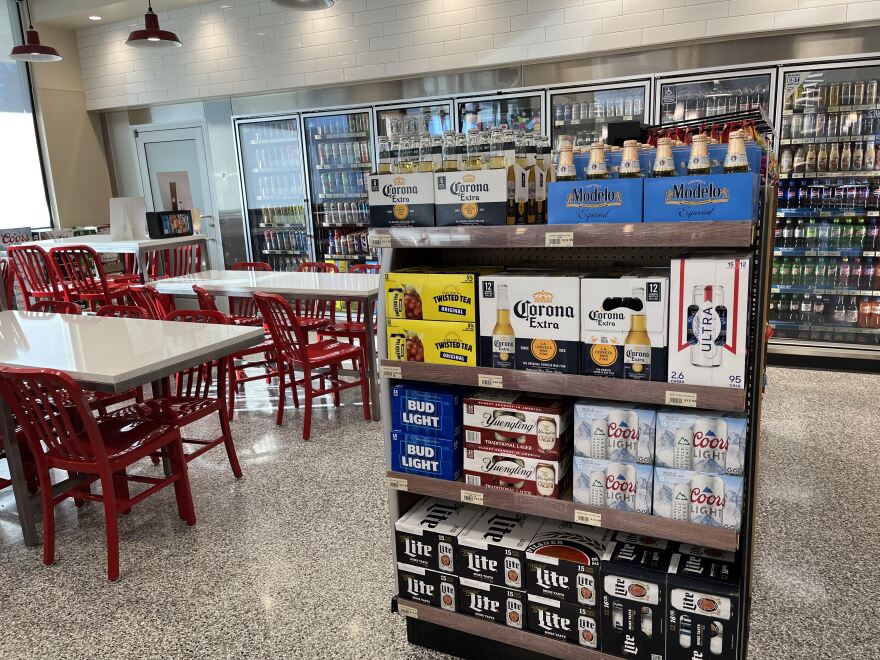BETHLEHEM TWP., Pa. — With restaurant liquor licenses in short supply in Northampton County, officials with the Wawa convenience store at 3608 Nazareth Pike have secured a potential transfer from a business in the city nearby.
The township has 45 days from Oct. 2 to hold a public hearing and make a decision on the transfer. The township must advertise the hearing once a date and time are decided upon.
If the transfer is later approved, a broader application process would begin with the Pennsylvania Liquor Control Board.
“The new convenience store includes a dining area with a vast array of food options to dine-in or take to-go. Wawa would like to also offer beer, wine and possibly spirits in the future, all of which will be sold primarily to-go.”Wawa counsel Ellen Freeman of Flaherty & O’Hara firm
“The new convenience store includes a dining area with a vast array of food options to dine-in or take to-go,” wrote Wawa counsel Ellen Freeman of Flaherty & O’Hara firm, in a letter to the township.
“Wawa would like to also offer beer, wine and possibly spirits in the future, all of which will be sold primarily to-go.”
The state Liquor Control Board has approved similar cases at 34 other Wawa locations, Freeman said, with 31 of those offering a dining area for customers to drink a limited amount of their purchased beer on site.
Public input sought
The proposed transfer would come from TBS Venture Inc., 217 Broadway, of Bethlehem City.
That former-firehouse-turned-nightclub property once operated as Broadway Social, and later was Revel Social Lounge before it closed in 2020.
The Nazareth Pike Wawa opened in spring. The 24-hour, 16-pump gas station and convenience store sits between Dunkin’ and Josh Early Candies, with the Camel’s Hump Farm nature education center along Santee Mill Road to the west.
Last year, a South Bethlehem Wawa’s liquor license transfer process, though ultimately approved, drew a number of concerns from Bethlehem City Council members because of its proximity to a local park and Little League complex.
That particular proposal called for specific hours regarding alcohol sales, a one-bottle limit for on-site beer consumption and a limit of 192 ounces of beer and 3,000 milileter of wine per transaction.


